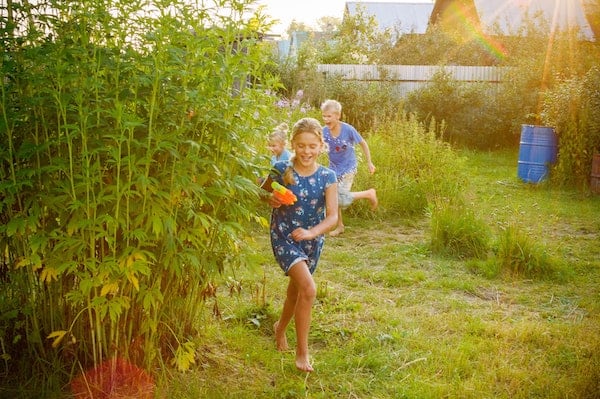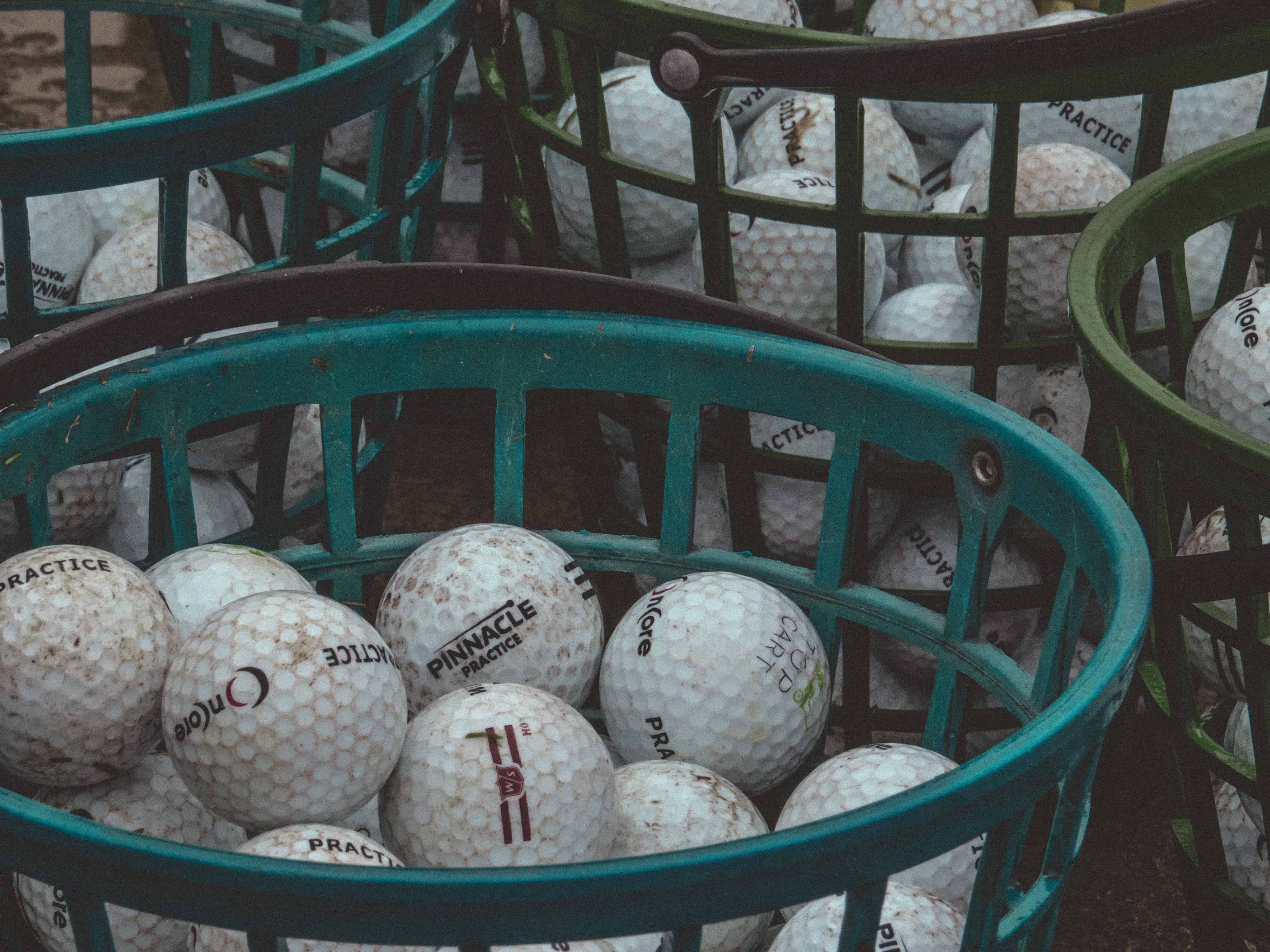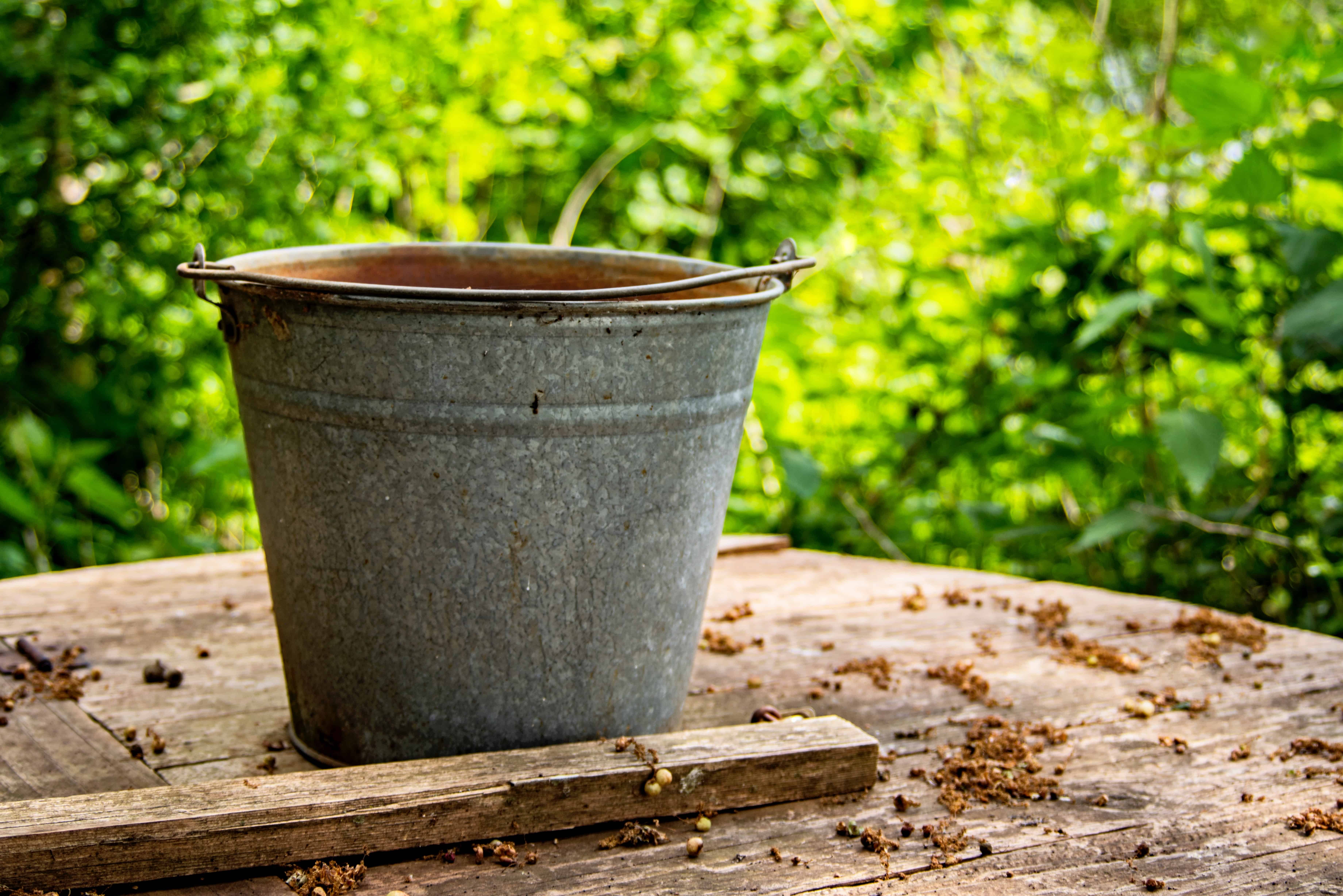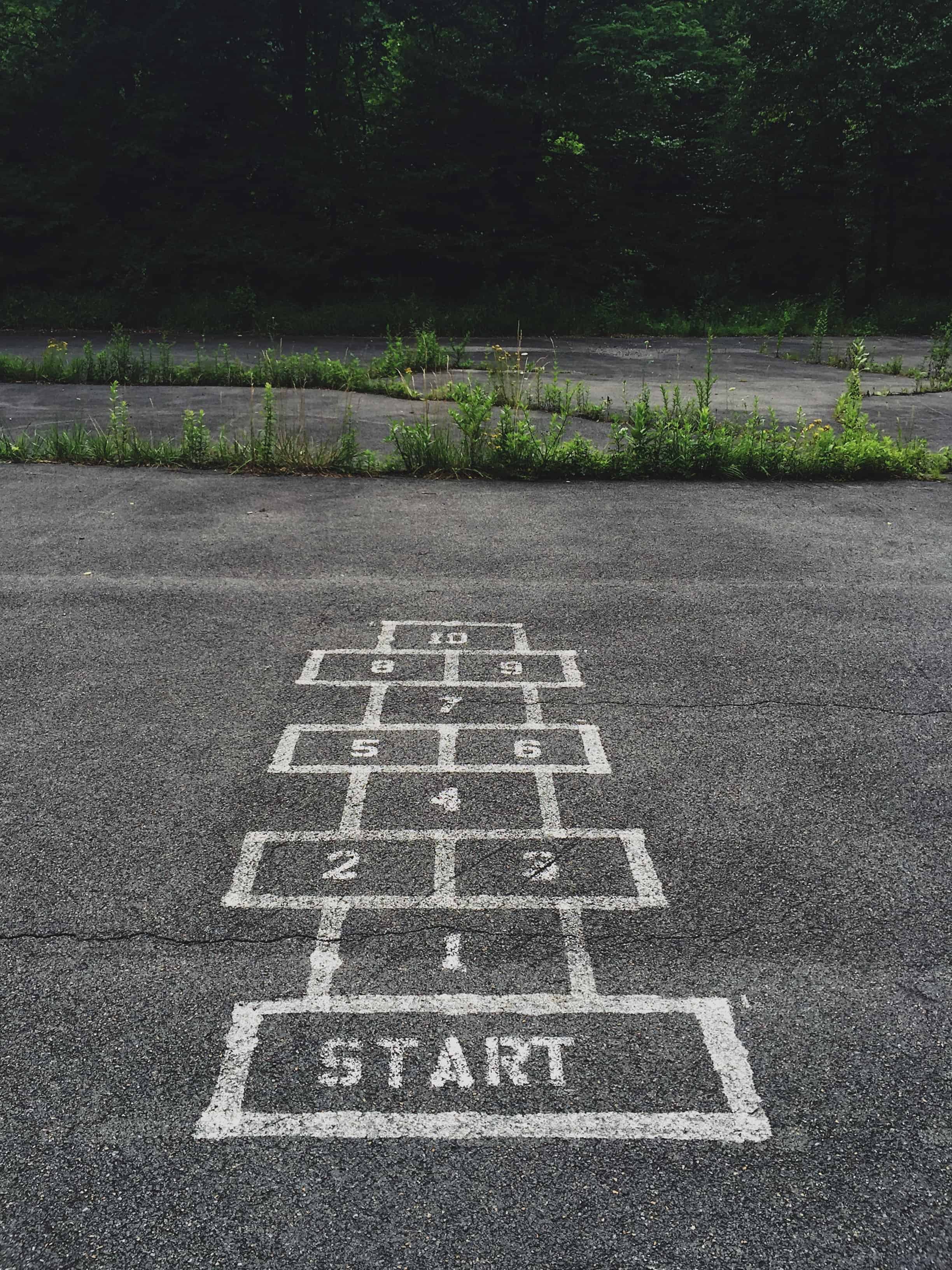
Summer maths games and activities for the family
Summer offers parents and preschoolers time to enjoy the outdoors while still “stretching the brain.” The outdoor environment provides endless rich opportunities to build upon your child’s mathematical skills. Together, you can explore numbers, shapes, measurements, and more by trying some of these fun and easy guided activities or by simply asking the right questions to engage your child in talking about math.
And depending on lockdown and restrictions in your state, if you need to stay at home during these holidays, we've also got The Ultimate 101 Stay at Home Activity List ideas you can do while your kids are at home.
Maths games specific for kids
These maths games and activities are perfect for kids of all ages and grade levels. That's the thing with games, they don't have an age limit! Remember Monopoly or Scrabble? They are popular board games that are ageless - even my grandma plays Monopoly!
Using maths games and activities as part of your homeschooling, home educating or just to pass the time through the summer means that your kids are having fun and learning maths at the same time.
7 Summer Maths Games
1. Count the balls

Gather a variety of balls (football, basketball, soccer ball, golf ball, bouncy ball, ping pong ball, baseball, etc.) and place them in a box or laundry basket.
Sort out all the balls according to their type e.g gold balls together, soccer balls together.
a. Count how many types of balls there are e.g 5 gold balls, 2 soccer balls
b. Count how many balls there are in total e.g 5 + 2 = 7 balls altogether.
Call out a number.
a. Have your child pick out the correct number of balls.
Ask them a maths question e.g "What is 4 + 8?"
b. Ask your child to place 4 golf balls (one kind of balls) and 8 bouncy balls (another kind of ball) and ask them how many balls there are in total.
Choose 3 balls of each type and weigh them.
a. Record how much each type of balls weigh.
b. You can add or subtract the weights of different ball types from each other e.g 520 grams for gold balls + 980 grams for soccer balls.
Now go outside and play a game of soccer or basketball together!
2. Use Numbers and Buckets

Collect a handful of assorted items from around your house. Write a number on a piece of card and stick it in a bucket.
Lay out two or three buckets in a row.
Ask your child to find a bucket, pull out the card and speak aloud the number that is on the card.
Now, ask them to place the right amount of items in the bucket as it says on the card. The items can be assorted (it doesn't need to be the same type of item).
Take each item out of the bucket as your child calls it out, and place it on the ground next to the bucket.
When the child is correct with their counting, ask them to put all the items back in the bucket, counting backwards. 10, 9, 8, 7, 6, 5, 4, 3, 2, 1. This will teach them numbers and encourage them to be comfortable with each number and where it sits in value.
3. Sidewalk Chalk

Find a piece of sidewalk that you can use for a period of time (not on a busy footpath!)
Draw at least 10 numbers or shapes with sidewalk chalk. The amount of numbers or shapes drawn can be increased or decreased given your child’s skill and comfort level.
Give your child a spray bottle filled with water. To play, ask your child to find a particular number, shape, or to find the answer to a math fact. When he finds it, he sprays it!
Variations of this might include finding even or odd numbers, skip counting, counting backward, finding shapes with the same number of sides, or finding a shape that has a given number of sides.
As an alternative to using a spray bottle, your child might enjoy using a flyswatter, wet sponge, or duster.
4. Hopscotch and Coin Toss

Head outside and draw a hopscotch board on the sidewalk.
Ask your child to stand on zero and toss a coin or pebble onto a fraction. As they hop they are to say each fraction. If they land on a double, they must name the equivalent fractions. If there are three squares: straddle it and say each fraction, then jump and a do a half twist in the air and land with both feet on the centre fraction.
Variations of the game might include mixing up the order the fractions appear on the board and hopping on fractions with common denominators, equivalent fractions, or in order from least to greatest (or greatest to least).
5. Maths Facts Relay
Make up cards ahead of time for different math skills.
For instance, you can use addition, multiplication and division facts. If you have multiple children at different skill levels, you can colour-code the cards based on the skill you want them to practice.
Draw a line with sidewalk chalk with the words “Ready, Go!” written beneath it. Draw a second line approximately 8 to 10 metres away with the words “Stop, Solve, and Sprint”.
Place the math cards with the problems at this line with some sidewalk chalk.
Have your child begin at the “Ready, Go!” line while you wait at the “Stop, Solve, and Sprint” line. When your child hears, “Ready, Go!” they sprint to the other line, solve a math problem, have you verify the answer, and sprint back to the start line where they either take a short break or they tag the next child in the relay to complete a problem.
Repeat for several rounds.
If you need some printable maths facts sheets for this activity, and to practise later, you can download them for free here.
6. Number throw
Draw numbers on the ground or a wall in chalk (these numbers will be the answers to the questions). Ask a maths question, for example, “What is 5 + 6?”, and kids give the answer by throwing a ball at the correct number. (You can use a ball, beanbag or whatever you have available).
Depending on the age of the child, this game can be adapted:
Early learners - Identifying numbers or matching numbers and words.
Kindergarten / Prep - Find the number that is one less, one more.
Grade 1-2 - Find partners that add to 10, doubling and halving numbers, adding 10 more.
Grade 3-4 - Adding and subtracting numbers within 100, times tables, combinations that add to 100.
Grades 5-6 - Times tables, subtraction from 100, identifying numbers with 6 or more digits, adding or subtracting fractions
7. Times Tables Sport (Basketball and Soccer)

You will need a basketball ring or soccer goal for this one.
Choose one times table to focus on (for example, 6 times tables). Randomly write all the answers on the pavement around the ring or goal. Ask students a times table, they find the answer and stand on the number, then either kick a goal or shoot a hoop from that position.
Every time they get a goal, they score a point. Keep a record of the number place they shot the goal from. At the end of the game, ask them to multiply their score by the number place they scored the goal from to find their final total.
This will also help your kids practice their soccer and basketball skills - perfect if they are training and already love the game!
If you need some printable maths facts sheets for this activity, and to practise later, you can download them for free here.
Want 100 more fun maths games?
We've also written up a whole lot more maths games that you can do with your kids throughout the summer, and all year around! It's our full list of 100 Maths Games and Activities you can use anytime you like.
Perfect as a substitute for maths textbooks in maths class (these maths games and activities are always much more fun and engaging, and your kids still learn maths!) and can also be used as a refresher during school holidays or weekends.
You can download the 100 Maths Activities here:
Let us know what maths games were your favourite ones,
Have fun!
The Team at Maths Australia

